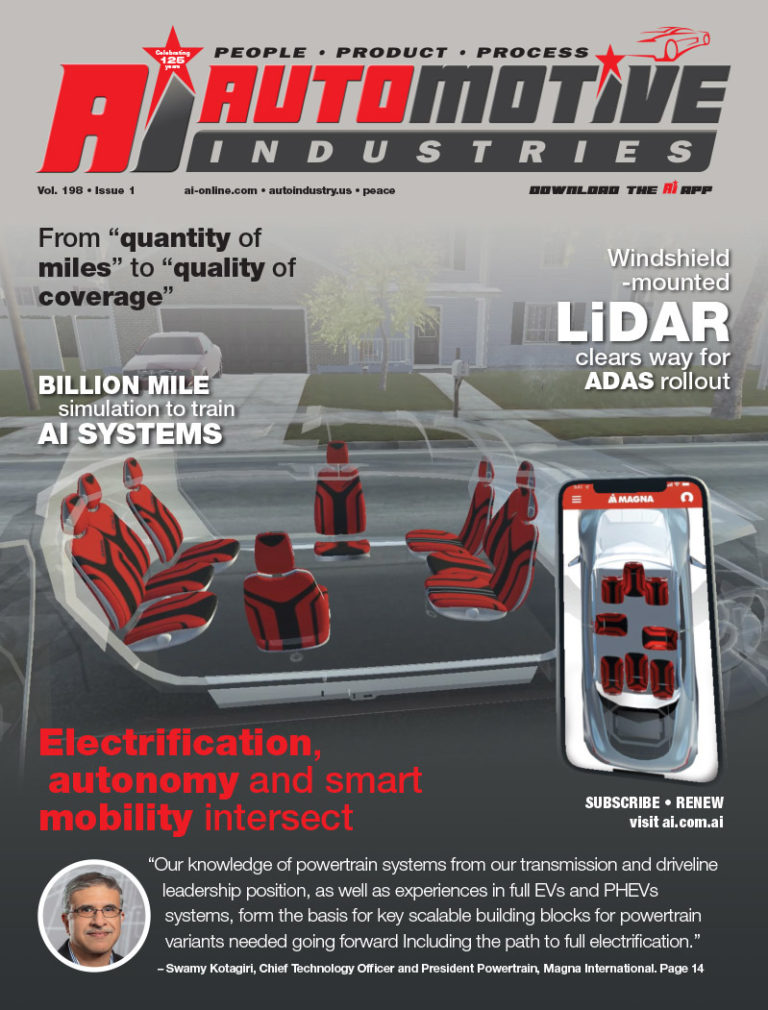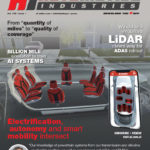Everyone knows the automotive industry has lost much of its shine thanks to plummeting sales. Jittery economies across the globe have resulted in consumers becoming increasingly unwilling, or maybe unable, to buy as many cars as earlier. In this scenario, who helps automotive manufacturers keep their businesses running? The answer is banks and financial companies who still see auto firms as a good bet. One such financial firm is Burdale Financial Limited. Burdale is part of the Bank of Ireland Group and a leading player in asset based lending in the United States, United Kingdom and European markets. Established in 1992, Burdale is headquartered in London and operates in the US through its sister company, Burdale Capital Finance, based in Stamford, Connecticut and New York.
Last month, Burdale announced that it had completed a financing facility of up to GBP 75 million for Land Rover. The financing is for Land Rover’s parts and accessories inventories and receivables in the United Kingdom and the United States. The financial solution offered by Burdale to Land Rover is an asset-based loan. “We are pleased to provide Land Rover with a financing solution that will enable the continued development of its parts businesses. The flexibility of asset-based lending suits this particular transaction and, like Land Rover, Burdale values its strong reputation in a niche sector,” said Steven Chait, head of new business at Burdale.
Similarly, last year, sister company Burdale Capital Finance Inc, offered a USD 6.5 million asset-based credit facility to Avon Automotive. The USD 350 million dollar Avon Automotive, is a leading global supplier of low pressure rubber and plastic hoses for air induction, fuel and coolant systems, as well as vibration management products.
“Burdale quickly analyzed the Avon Automotive opportunity and moved decisively to refinance the North American revolving credit portion of Avon’s senior credit facility. Burdale’s creativity allowed them to look through the well-publicized challenges of the automotive industry to understand the fundamental strength of Avon Automotive’s credit. We look forward to a long and successful relationship,” said Mark Kammert, managing director of Red Diamond Capital (the company that owns Avon Automotive) last year.
At the time, David Grende, chief executive, Burdale had commented: “The Avon transaction demonstrates our capabilities, while working with Avon’s existing lenders and investors, in delivering unique and customized financial solutions. With their operational improvement plan complete, we look forward to working with Avon and Red Diamond as they execute their long-term growth plans.”
Burdale offers asset-based debt that is secured by receivables, inventory, machinery and equipment, real estate and intellectual property. The deal sizes range from USD 15 million to up to USD 200 million. Burdale says that the global scope of its business is reflected in its significant European financing capabilities with teams located throughout the UK. “This also affords a unique ability to seamlessly finance transatlantic middle market transactions. Burdale can provide revolvers, term loans, delayed draw term loans and cap ex lines. Facilities are not restricted by traditional lending ratios. In addition, our asset based lending stretch capabilities are based upon cash flow and non-traditional assets and we can also arrange flexible funding facilities for seasonal peaks and troughs,” says Burdale.
Automotive Industries spoke to Dennis Levine, chairman of Burdale Financial Ltd.
AI: What makes automotive companies particularly suitable for asset based lending?
Asset based lending (ABL) suits most manufacturing businesses because they have a spread of assets; accounts receivable, inventories, plants, land and buildings. In fact, automotive suppliers present particular challenges to ABL lenders, an example being the large concentrations in the assets receivable book because of the consolidated nature of the industry. Typically, ABL lenders do not like companies that have just one or two major customers.
AI: What key things does Burdale look for in a company it might lend to?
Perhaps unsurprisingly Burdale looks for companies with a good spread of customers and model programmes with firmly established relationships. In addition, good quality and well-maintained plant and equipment and proprietary designs or technologies are key indicators of businesses that we might agree to lend to. However, unlike traditional bank financing ABL is also suited to loss-making businesses, where we would require a well-thought out turnaround plan. In particular a company needs to have sufficient collateral cover to allow cash outflows during the turnaround.
AI: Are there differences in the markets for asset based lending in the United States and Europe? If so, what are these?
In the US, the ABL market is long-established and liquid. It accounts for around 20 per cent of short-term business credit. In particular it is widespread as it is relatively straightforward to take security effectively across all States using UCC filings.
In Europe, the product is much newer and less widely accepted. In fact, Burdale was a pioneer in introducing ABL to the market. Security laws differ widely and security must be correctly taken in all jurisdictions. Some jurisdictions are particularly creditor-unfriendly meaning that pan-European, all asset deals can be very complicated and expensive to complete.
AI: How popular is asset based lending among automotive companies in the US, UK and Europe?
ABL particularly suits businesses going through change and this definitely describes the automotive sector over the last two years. The original equipment manufacturers have used the product, especially in the US, whereas the European majors have tended to stick with the regular corporate banking and bond markets. Suppliers have also been active users.
AI: Please tell us a little about the GBP 75 million transatlantic funding package for Land Rover. Was this deal different from your other ABL deals?
The Land Rover deal does not differ materially from other ABL transactions, with collateral consisting of inventory and assets receivable, albeit restricted to the parts business.
AI: What role do you see asset based lending playing in the revival of the automotive industry in the US and Europe?
In the past, the auto industry has generally stimulated demand coming out of recessions by offering compelling new products. One can imagine volumes being driven by the raft of new models being launched now and the pipeline of fuel-efficient and hybrid vehicles due to come. Increasing volumes means more investment in working capital and that is what ABL does best!














































 AVEC has now broken new ground for creating energy...
AVEC has now broken new ground for creating energy...


